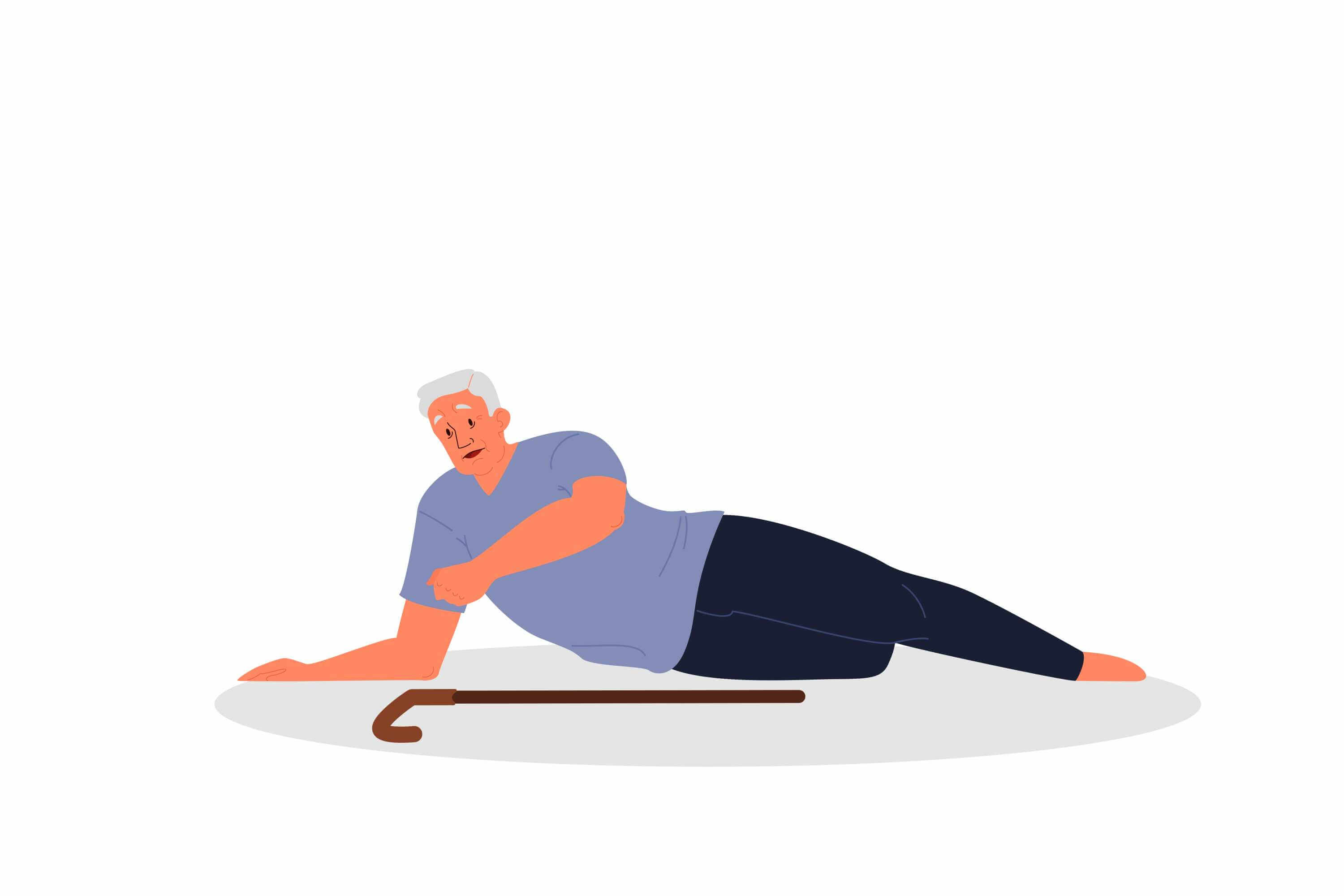Fewer Medicare Advantage Plans Are Offering Home-based Care Services For 2025

Last year, many major Medicare Advantage (MA) organizations released previews of what benefits they planned to offer seniors this year.
Many of these organizations have moved away from offering plans that include home-based care services. In fact, ATI Advisory found that fewer MA plans were offering benefits, such as in-home services and support, as well as support for caregivers compared to the previous year.
Specifically, in-home support services dropped from 15% in 2024 to 10% to 2025. Support for caregivers went from 9% in 2024 to 6% in 2025.
Instead, more plans are offering benefits focused on food, transportation, and housing, ATI Advisory noted in an analysis of 2025 nonmedical supplemental MA benefits.
Despite plans moving away from home-based care services, many plans are still offering its members access to services that will, ultimately, allow them to age-in-place.
More broadly, MA continues to gain a strong foothold. Currently, almost 33 million Medicare beneficiaries are enrolled in a MA plan. This is more than half of the eligible Medicare population, according to data from Kaiser Family Foundation.
Aetna
Aetna’s new chronic condition special needs plans (C-SNPs) will help members who are living with diabetes, chronic heart failure and cardiovascular disease. To achieve this, Aetna will team up with Oak Street Health, Pennsylvania-based Dedicated Senior Medical Center, JenCare and One Medical Seniors in Illinois.
A fall prevention benefit is also offered through many of Aetna’s MA plans. Some of these plans include an annual allowance for home and bathroom safety items to help lessen the risk of falls.
Aetna’s 2025 offerings also include a fitness benefit though SilverSneakers, a senior-focused program that includes access to gyms and on-demand workout content.
For Aetna, delivering clinical excellence to its members is the ultimate goal. Though MA plans include fewer home-based care offerings in 2025, they remain a key tool for ensuring access to care at Aetna.
“Our benefit design is where things start to get really interesting from a home-based perspective,” Dr. Ali Khan, CMO of Aetna Medicare, told Home Health Care News. “We’ve been really pushing forward, making the home the center point of that member’s journey.”
Aetna engages with home-based care in a number of ways, including partnering with various provider organizations and systems that are delivering at-home primary care and care management for individuals living with complex medical and social needs.
Aetna’s annual healthy home visits through Signify Health, which includes a comprehensive health assessment, is another way the organization is reaching members at home. During the visit the clinician examines the home to determine social support needs and identify potential fall risks.
“These [visits] are done, ideally, early in the year — to start the year off right,” Khan said. “Then we can connect people to the right part of the ecosystem when we identify social needs, domestic needs, fall risk, primary care needs,” Khan said.
Broadly, many of Aetna’s offerings, such as fall prevention and the fitness benefit, were designed with the objective to keep seniors in their homes longer.
“What keeps people healthy and at home,” Khan said. “Can they move? Do they have mobility? Do they have strength? Are they in a safe environment, right? So we set up our programs for annual fall prevention assessments in the home. There are allowances in certain plans to get home and bathroom safety items to reduce the risk of falls right, grab bars and other stuff. Those are pieces that keep people stable at home.”
Ultimately, Aetna is focused on shifting care from reactive to proactive.
“Our job is to anticipate and meet needs,” Khan said. “What we’re doing in the home visits, all this work on fall prevention, home delivery for medication, and the like. That’s the kind of stuff that crosses T’s and dots the I’s. It fulfills the promise of what Medicare Advantage is supposed to be.”
Blue Shield of California
Similar to Aetna, Blue Shield of California will be offering access to SilverSneakers. Members will receive free members at thousands of participating gyms across California. They will also have access to on-demand virtual classes.
Blue Shield of California’s offerings also include transportation services. Specifically, members will be able to access 48 one-way trips annually for medical and non-medical transportation.
Plus, the organization is offering concierge services. This offering will enable agents to help members schedule medical appointments.
The company is also addressing food insecurity by providing members with a $50 monthly allowance through the Healthy Benefits card to buy nutritious food and support healthy diets.
Cigna
Cigna is another MA plan tackling food insecurity. The organization is offering home-delivered nutritious meals after a hospital or skilled nursing facility admission. The offering includes 14 meals.
Virtual care options for nonemergency urgent care, behavioral health, dermatology and speech therapy is another offering members will be able to access this year.
Cigna is also offering its members a caregiver support program, transportation to and from doctors appointments and pharmacies, as well as fitness benefits.
Additionally, members who are eligible for home health care will have access to part-time or skilled nursing and aide services, physical therapy, occupational therapy, speech therapy and more.
UnitedHealth Group
At UnitedHealthcare, offerings include credits, through UnitedHealthcare UCard, to help members pay for over the counter products and healthy food.
The post Fewer Medicare Advantage Plans Are Offering Home-Based Care Services For 2025 appeared first on Home Health Care News.


